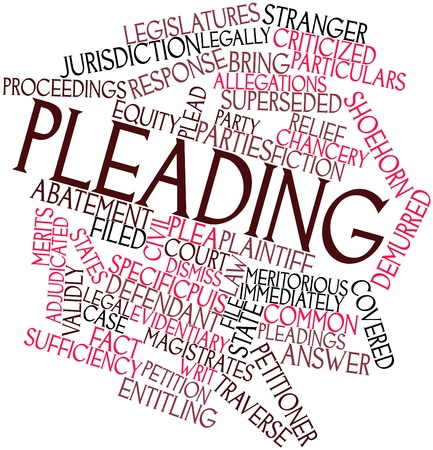
Each year, there are thousands of personal injury claims that are the result of injuries sustained due to the negligence or intentional conduct of someone else. Many of these cases result in a monetary award being issued to the injured party. While there are thousands of cases filed each year, many cases are settled prior to an action ever being filed. In fact, the vast majority of personal injury cases settle outside of court, whether it occurs prior to an action being filed or prior to a trial. Whether you have an ultimate goal of settling your case prior to filing a suit or taking your case through a jury trial, every individual should know the general process for initiating a suit. If you or your loved one has been injured in an accident or incident in the state of West Virginia, the attorneys at Colombo Law want to help you navigate through a personal injury claim. For a risk-free initial consultation, contact Colombo Law today.
If a personal injury case is filed in court, several pleadings will be filed with the court. Pleadings are formal written statements that address one or more issues that arise throughout a case. Pleadings that are filed in every personal injury matter filed with a court include:
- Complaint: A Complaint is the first document filed in any personal injury case. This document is filed by the injured party, known as the plaintiff, and is what starts a legal action. A complaint lists the legal bases and facts that entitle an individual to relief. Some main components of a complaint include the name and identifying information of the person seeking relief, the name of the persons or people the plaintiff believes are responsible for causing the injury (known as defendant(s); and the different theories of liability which a plaintiff believes allow the relief requested. Once the complaint is filed, there will be an action number issued and several procedural rules will be triggered that all parties to the action must follow.
- Answer: An answer is the first pleading filed by a defendant in a personal injury action. An answer allows a defendant to admit, deny, or object to the statements made in a complaint. A defendant may also file new matter, where it alleges facts that are not material to the allegations in a plaintiff’s complaint. There may be one or more answers filed in a case, depending on the number of individuals being sued. All defendants must take proper care to answer all of the facts averred in a complaint. Otherwise, the court may deem nonresponsive answers as an admission.
Contact Colombo Law
Navigating a personal injury case can be extremely tricky. Failure to follow the proper rules may result in evidence being excluded from trial or your case being dismissed. Our attorneys want to help you obtain just compensation for your injuries. Contact one of our experienced attorneys today to allow us to help you on your road to recovery.










